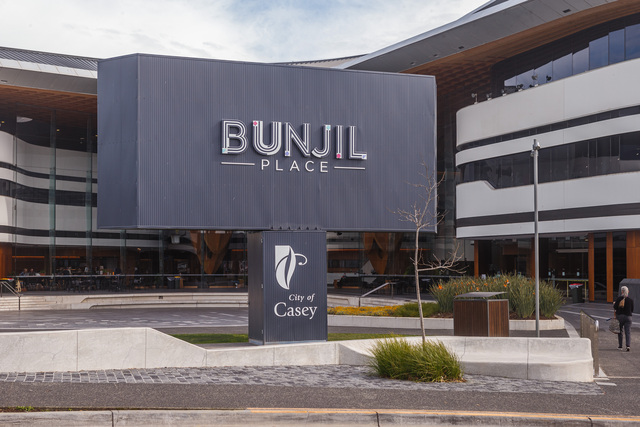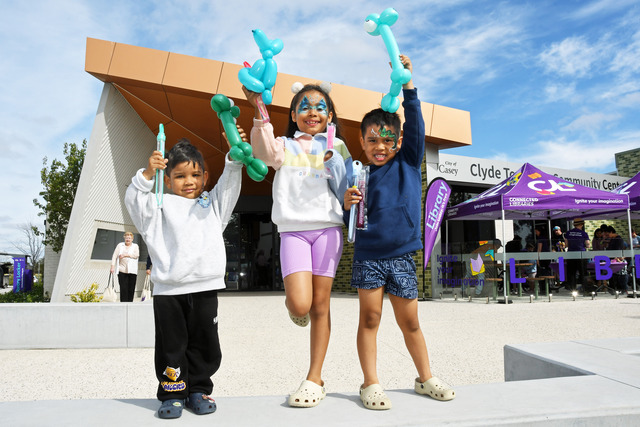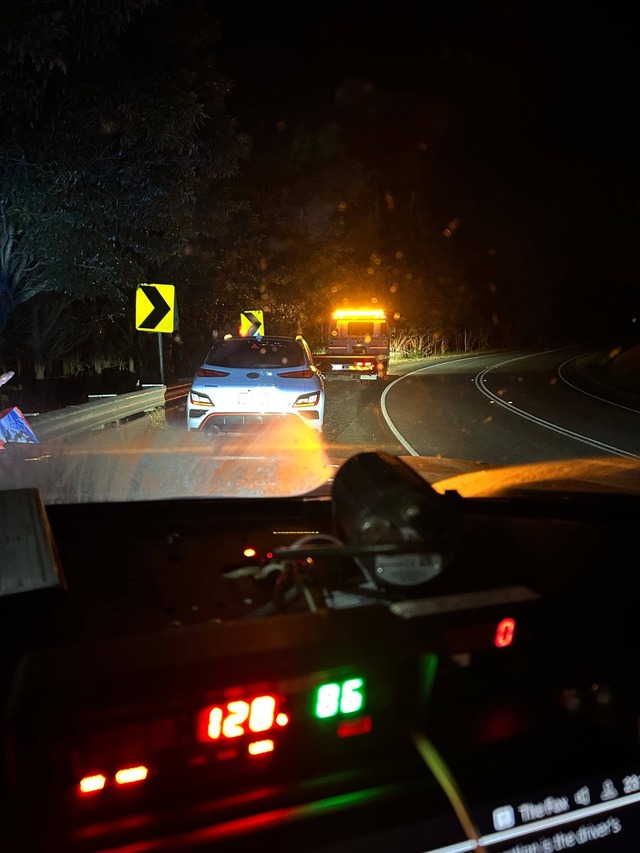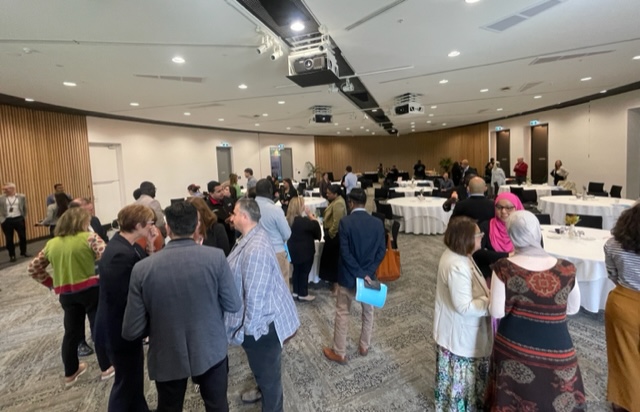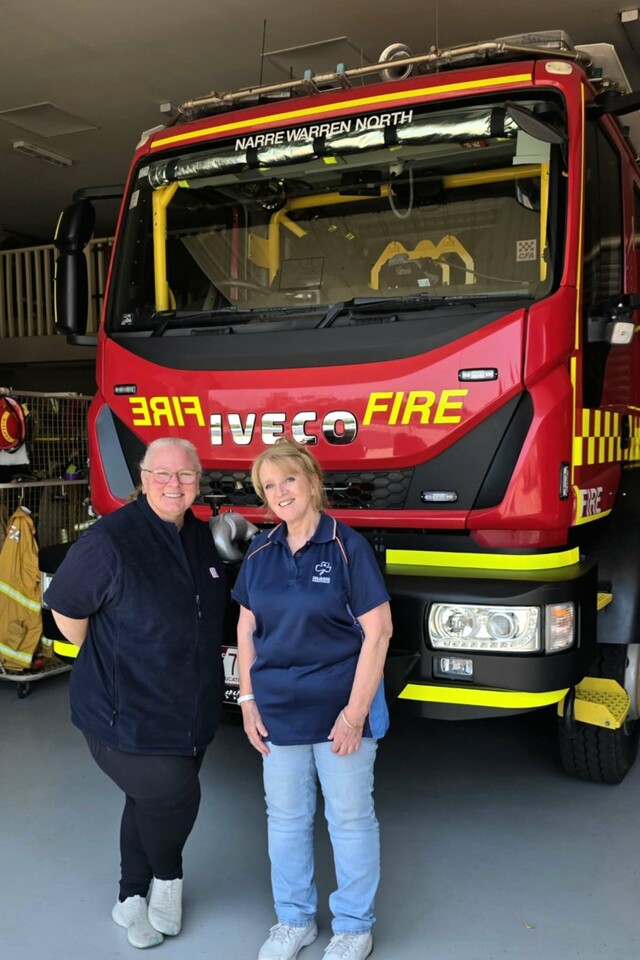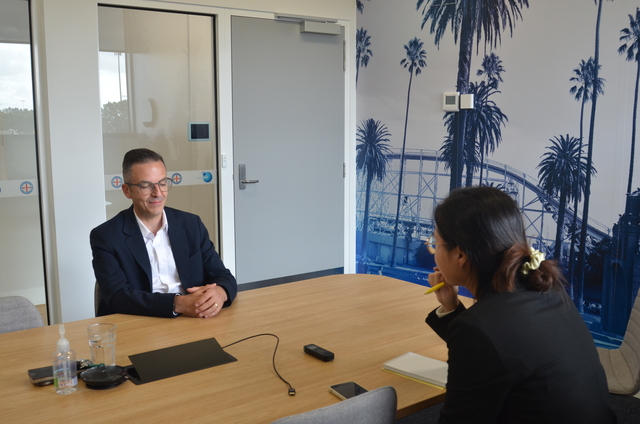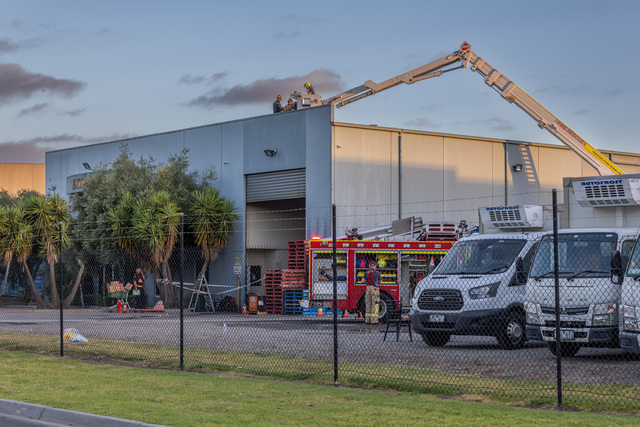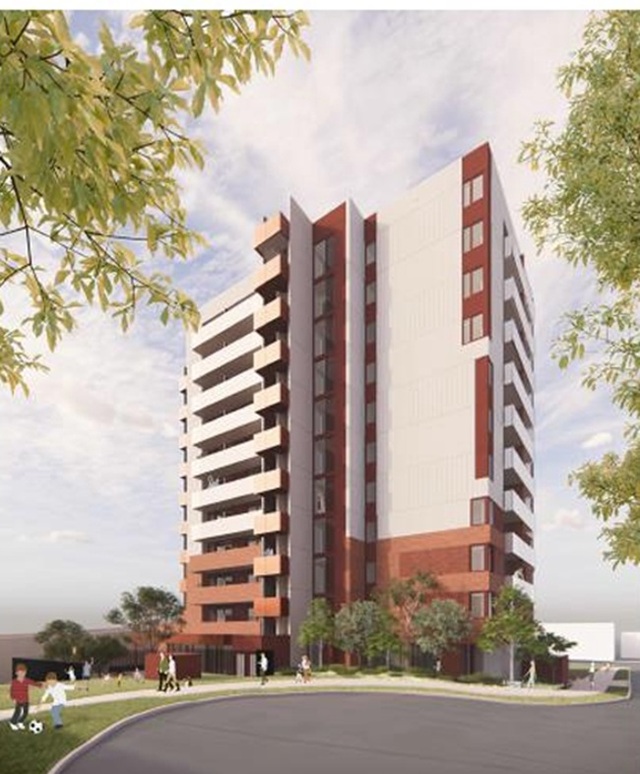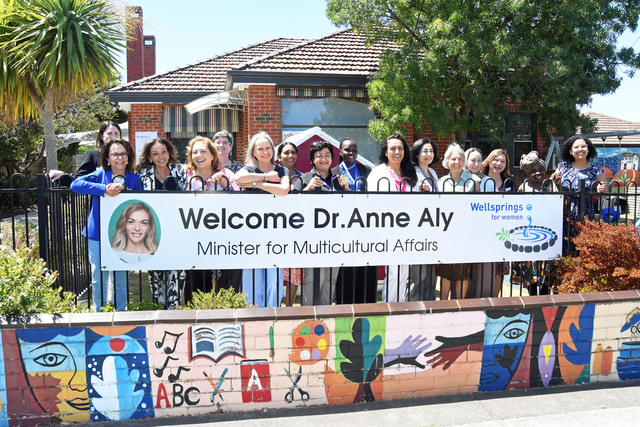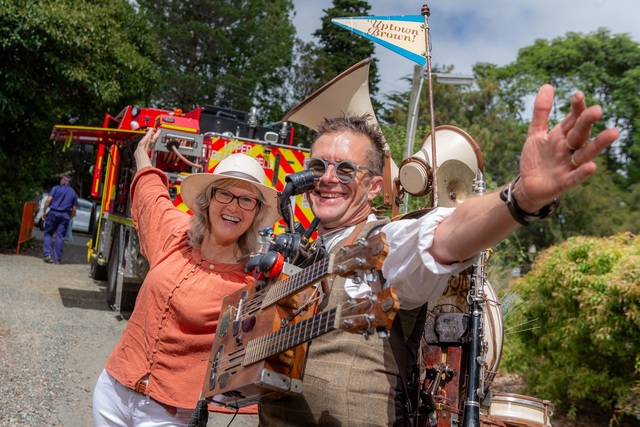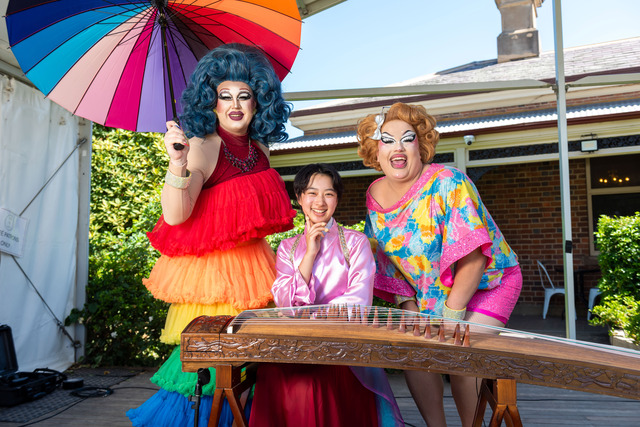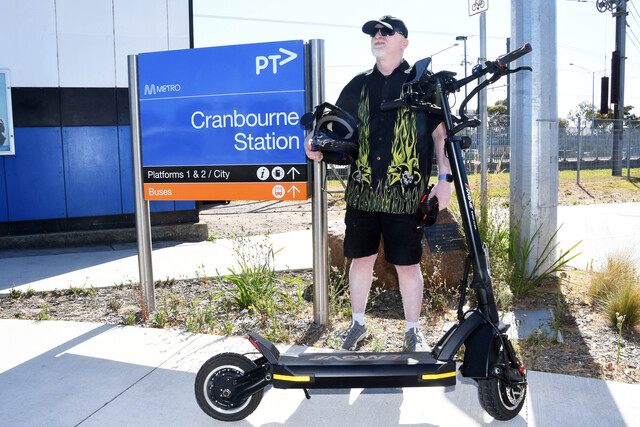A call for more collaboration between all levels of government and a cutting of red tape were the themes of Outer Melbourne Council’s (OMC) recent forum discussing the key issues for the urban fringe.
To kickstart “OMC Week,” the City of Casey hosted “Building Tomorrow: Planning for growth in outer Melbourne” at Bunjil Place, a gathering of councils with policymakers to discuss the ongoing challenges facing the urban fringe.
The outer suburbs accommodate almost two million of Melbourne’s population, yet struggle with adequate infrastructure for the recreational, industrial and commercial needs of the community.
Almost a quarter of those two million residents reside in Casey, which is the smallest LGA by landmass of outer Melbourne.
“Like all the fellow councillors and mayors of our alliance, we hear every single day and we experience the frustration of living in outer Melbourne councils,” Casey mayor Stefan Koomen said.
“From the gaps in infrastructure, to lag in development, we all share those challenges.”
Cardinia Shire’s Advocacy and Partnerships Officer, Tom Ellis spoke on behalf of the council with a focus on the redevelopment of Cardinia Life, the development of aquatic centres became an overall theme for all councils.
A panel discussion of key thinkers in urban growth followed, involving Infrastructure Victoria CEO, Dr Jonathan Spear, Urban Development Institute of Australia CEO, Linda Allison and Suburbs Reporter for the ABC, Margaret Paul.
Responding to the need for aquatic and recreational facilities, Dr Spear reiterated calls for a focused partnership between all three levels of government.
“We’ve heard from other councils today, the scale of that investment is something that is going to be beyond local governments to deliver,” he said.
“But the benefits are more than local government, they are lifelong benefits that we reap as a State and a country.”
As councils continue to advocate for action on housing affordability, they are eager to see a continued boost in residential and industrial developments in their urban centres.
Representing developers, Ms Allison said that bureaucracy needs to be overridden with more decisive action.
“What we would like to see is a bit more of a ‘captain’s call’, that there needs to be somebody in government to say, the higher order is delivering housing in a timely and affordable manner,” she said.
Ms Paul said the frequent frustration she comes across is the lack of certainty about when promised suburban development will occur, which she put to her fellow panellists.
“If you don’t have a shared vision on land use outcomes and infrastructure that the State needs to invest in achieving that, funnily enough, we’re probably not going to achieve it,” Dr Spear said.
“So actually having a shared view that everyone can see the population, jobs and planning, and the State’s plans in each portfolio to achieve that, would be really helpful to then inform budget decisions.”
Parliamentary Secretary to the Victorian Premier, Tim Richardson and Opposition Leader, Brad Battin were present and heard directly from councils; they also had the opportunity to speak on their ways of addressing the needs of the suburbs.
Mr Richardson spruiked the state government’s ongoing planning and delivery of schools and said the long list of key issues will be taken before cabinet, while Mr Battin said the cost to build in Victoria is “beyond affordable” and that a cutting of red tape between public and private interests will help deliver for outer Melbourne.
Narre Warren South MP Gary Maas, Cranbourne MP Pauline Richards and South Eastern Metro MP Michael Galea were in attendance for the state government.
Federal MP for Holt Cassandra Fernando was in attendance.
Deputy Opposition Leader Sam Groth, Nationals Leader Danny O’Brien and Shadow Minister for Energy and Resources David Davis were also in attendance for the opposition.
OMC will be hosting another forum regarding roads and transport at the City of Whittlesea later this week.

